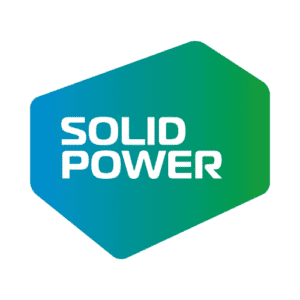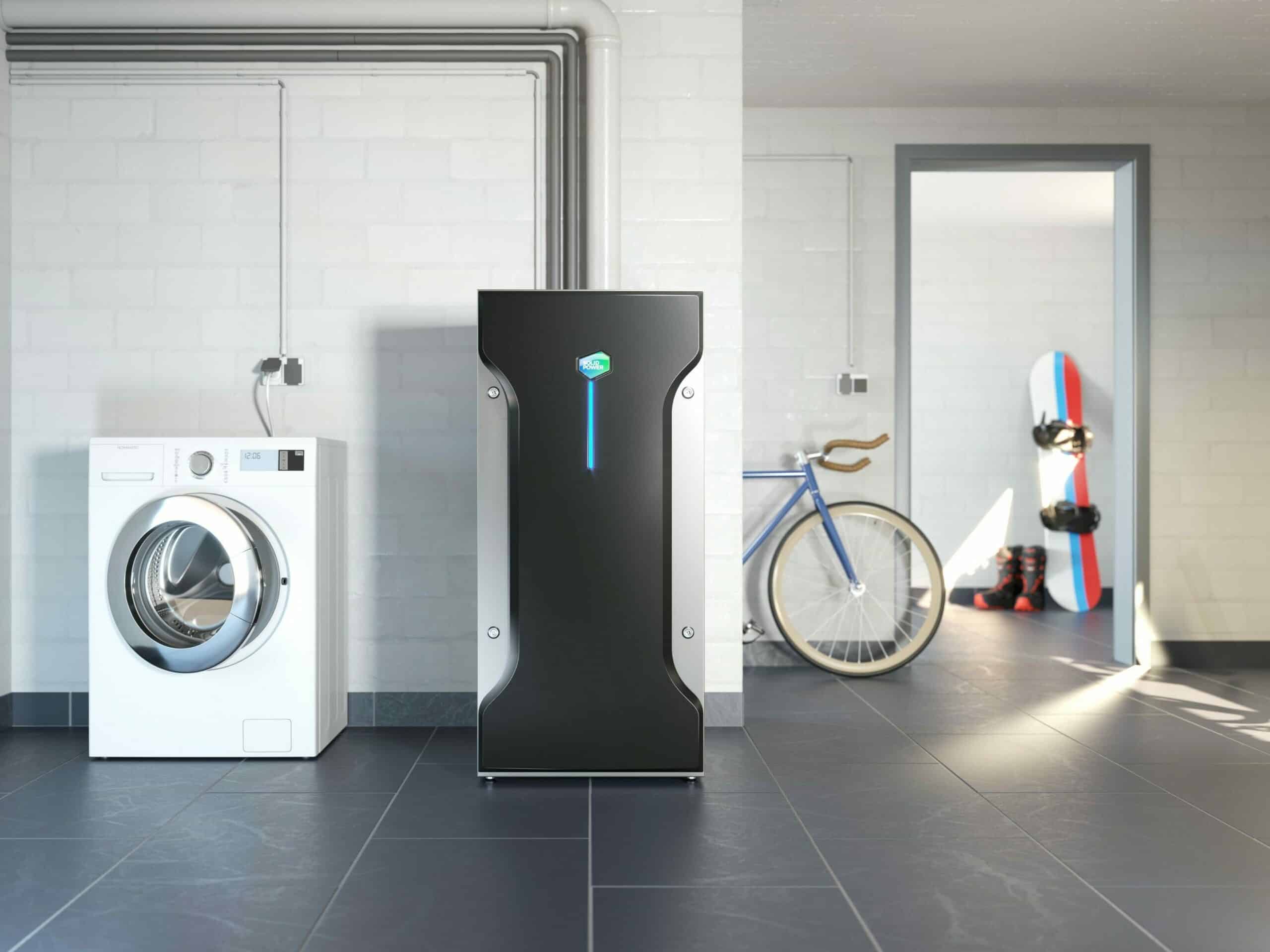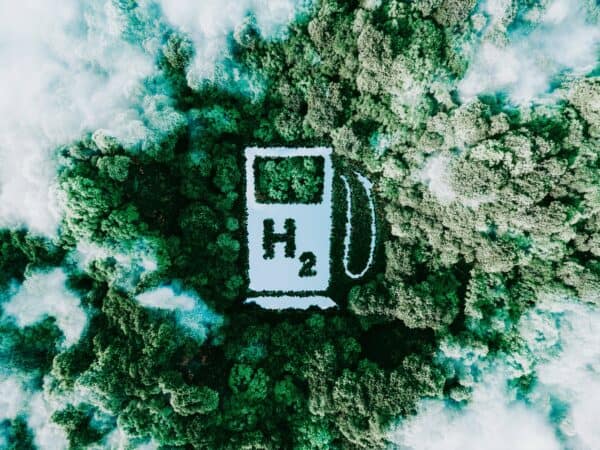
The Solidpower Group is one of the world’s leading companies in the high-temperature fuel cell technology (SOFC, Solid Oxide Fuel Cells). At locations in Italy, Germany, Switzerland, and Australia, the group manufactures and sells fuel cell systems for power and heat generation in residential and commercial buildings.


DR. MARTIN FÜLLENBACH
CEO
SOLIDpower SpA
Dr. Martin Füllenbach has been CEO of Solidpower since 2021. Previously, he occupied the same position for the exchange-noted Semperit AG Holding. This business and financial scientist gained extensive experience in leadership positions across Europe and has held leading positions at a series of technology companies including Oerlikon, Voith Turbo, and EADS.
When Dr. Martin Füllenbach and Wilhelm Goschy appeared on the screen during the videoconference about this article, people were nervous. No, not the CEO of the Solidpower Group (tuning in from the company’s headquarters in Mezzolombardo, Italy) or the Staufen CEO (tuning in from the Staufen headquarters in Köngen near Stuttgart, Germany) due to the upcoming conversation for the Staufen Magazine, but politicians and private and industrial gas customers. A few days before that, the routine maintenance of the Nord Stream 1 gas pipeline had begun – combined with worry about whether Russia would switch the gas supply back on after completing the maintenance.
“The energy crisis as a result of the Russian attack on Ukraine has made the topic of sustainability more important than ever,” opined Goschy. “Although as our ‘Green Transformation’ study (see p. 18) demonstrated, many companies previously had no or only a medium-term green strategy, the timeline for this has now been abbreviated radically.” They are now feverishly seeking new energy sources and savings measures that can be implemented quickly.
An alternative is the Solidpower Group’s fuel cell technology. “For us as consultants, it is very exciting not just to help Solidpower find its way from start-up to series manufacturer, but also to be constantly up-to-date on the technology side thanks to such an innovative customer and to gain insights into the energy supply of the future – keyword hydrogen,” says Staufen CEO Wilhelm Goschy. How Solidpower – which has been part of the European Clean Hydrogen Alliance initiated by the EU Comission since the middle of 2022 – is currently positioned and what politics must still do for the green transformation is something that Solidpower CEO Martin Füllenbach explains in this interview:
Dr. Füllenbach, what’s so special about Solidpower’s fuel cells?
Solidpower has been in business for about 16 years already. As Mr. Goschy mentioned, we are on the path from erstwhile start-up to becoming an industrial company – we currently have 250 employees.
Our specialty is solid oxide fuel cells, which are certainly the most complex, but at the same time the most reliable technology in this area when it comes to a constant load. In addition, we can use all forms of gas in our fuel cells to generate electricity and heat – natural gas, LNG, hydrogen. The two main benefits of our technology are significantly lower power costs and much greater efficiency than with conventional combustion of gas for heat generation.
Previously, you deployed your technology in the form of micro power plants in private households and smaller commercial properties. Is deployment in the industrial sector conceivable in the future?
After the 1.5 KW system, we are currently developing an 8 KW system. This means that we’re already underway in the industrial sector. Consider, for example, the cooling of logistics facilities for perishable goods. However, the much more significant step, a strategy change, will happen elsewhere. For previously, we made electricity from gas with our systems; in the future, we will make gas from electricity. Put simply, we’re turning our technology around and moving into the manufacturing of systems for generating hydrogen.
Would large manufacturers of so-called green steel be potential customers for you, for example?
Absolutely; this solution can be scaled easily.
Precisely in Germany, one sometimes has the impression that when it comes to the energy revolution, the focus is not always on finding the best idea. Where do you think Solidpower stands in this “competition”?
There are still essential prejudices against hydrogen. Is hydrogen just hype that nobody will be talking about in a few years? I don’t think so. In contrast: the energy-political revolution will not be able to escape hydrogen. According to a McKinsey analysis, by 2030, in the course of the EU’s Green Deal alone, the demand for hydrogen will exceed the foreseeable hydrogen production capacity by a factor of two. Even if we’re still a relatively small player, we will play our role on this market.
How long will your technological advance last in your attempt to assert yourself against the slow-waking “giants” with regard to the topic of hydrogen?
We are very familiar with the learning curve for solid oxide fuel cells, and in recent years we have invested approximately EUR 280 million in this technology – and that’s just a rough estimate. Combined with the predicted excess demand for hydrogen, I am therefore relaxed about the prospect of at least 5 to 7 years.
In Germany, people like to associate the energy revolution with the hope that they can position themselves as technology leaders in this field in order to compensate for the loss of old domains – that is, combustion engines. Do you believe that this hope is realistic with regard to hydrogen?
The Koreans, Japanese, and Chinese are also very active here. However, it is clear that Germany has decided to dedicate itself to this topic. German technology will play a role here.
What has to happen in German politics so that your prediction will be more optimistic?
In other countries, there are much more concentrated measures. We are, after all, an Italian company. The Italian state is very engaged with the topic of hydrogen and acts as a single entity. That’s why a true will to act is palpable, while everything is always so complicated in Germany. A start-up asks the question: should a company really establish itself in Germany? The issues digital infrastructure, poor mobile phone network, and management that is largely still analog are widely recognized.
A short question to wrap things up: what is currently your most important task as CEO?
I have two equally important tasks: to search for investors and to search for talented employees. The younger generation is driven by entirely different things than we once were. The trinity: university degree, career, and money does not draw people in anymore. To find talented employees and make them loyal, you have to create working conditions that win young people over in many respects (sustainability, social responsibility, state-of-the-art labor models, etc.). This is definitely the greatest challenge, and it will decide whether a company is fit for the future.
Magazine Article about Solidpower
“The energy-political revolution will not be able to escape hydrogen”
You might also be interested in
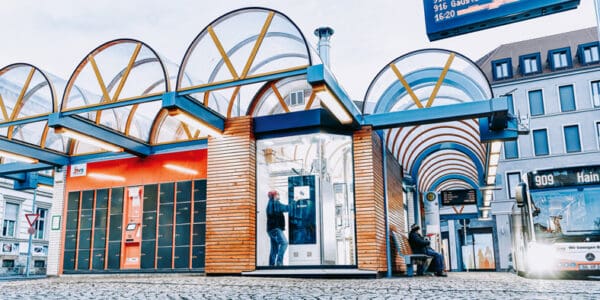
Climate Protection Pioneer
With more than 400 locations worldwide, Bosch has been climate-neutral since 2020. A custom IOT Solution was developed for the consistent improvement of energy efficiency. We spoke about this with Dr. Christian Fischer, member of the board of management at Robert Bosch GmbH.
Read more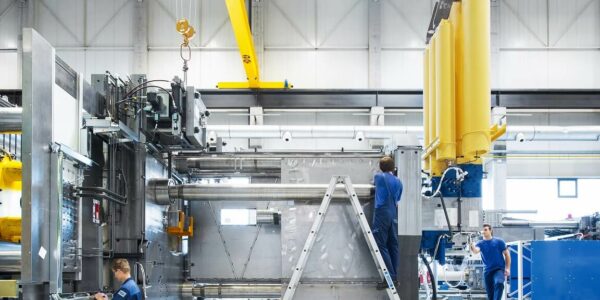
“Our goal is not to spend a cent more on electricity in the future.”
As a supplier of die casting technologies, Oskar Frech GmbH + Co. KG operates in an energy-intensive environment. Thanks to efficiency improvements and sustainable planning, the hidden champion was able to drastically reduce its energy consumption. Managing Director Dr. Tim Nikolaou explains in an interview how the transformation succeeded and what role lean management plays in the green transformation.
Read more